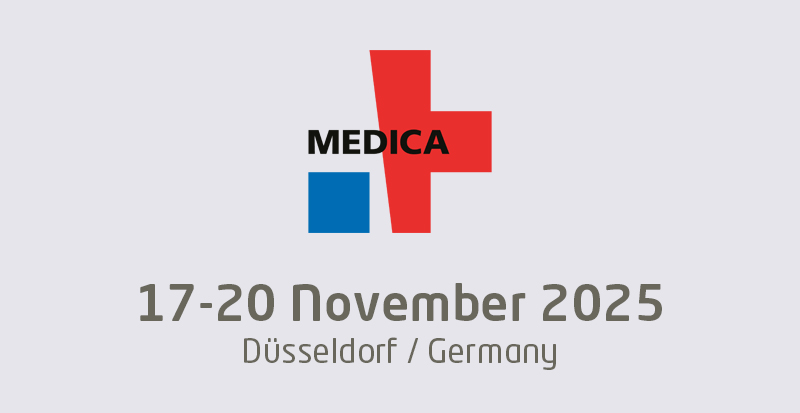A new study casts doubt on whether the billions of dollars spent so far in meeting meaningful use requirements is actually improving patient outcomes.
The study compared results on seven clinical quality measures for five chronic conditions (asthma, coronary artery disease, diabetes mellitus, depression, and hypertension,) between doctors who had successfully attested to the first round of meaningful use requirements and those who had not attested. The study was conducted at Brigham and Women’s Hospital in Boston, Massachusetts and its affiliated ambulatory clinics.
The results showed meaningful use was associated with marginally better quality on two measures (controlling cholesterol in patients with diabetes and blood pressure among patients with hypertension), worse quality for two (asthma and depression) and neither better nor worse quality on three measures (HbA1c levels and urine protein screening among patients with diabetes, and beta-blocker therapy for patients with coronary artery disease.)
The authors note that other studies of EHR use have also failed to find a consistent association with quality for given chronic conditions. On the other hand, they say, “specific EHR functions (reminders, test results, order entry, visit notes, problem lists, and medication lists) have been associated with higher quality for some conditions and not others.”
The American Recovery and Reinvestment Act of 2009 included $30 billion to encourage doctors to adopt electronic health record (EHR) systems, of which about $19 billion has been paid out thus far through the meaningful use incentive program.
The study was published online first as a research letter in the April issue of JAMA Internal Medicine.
























